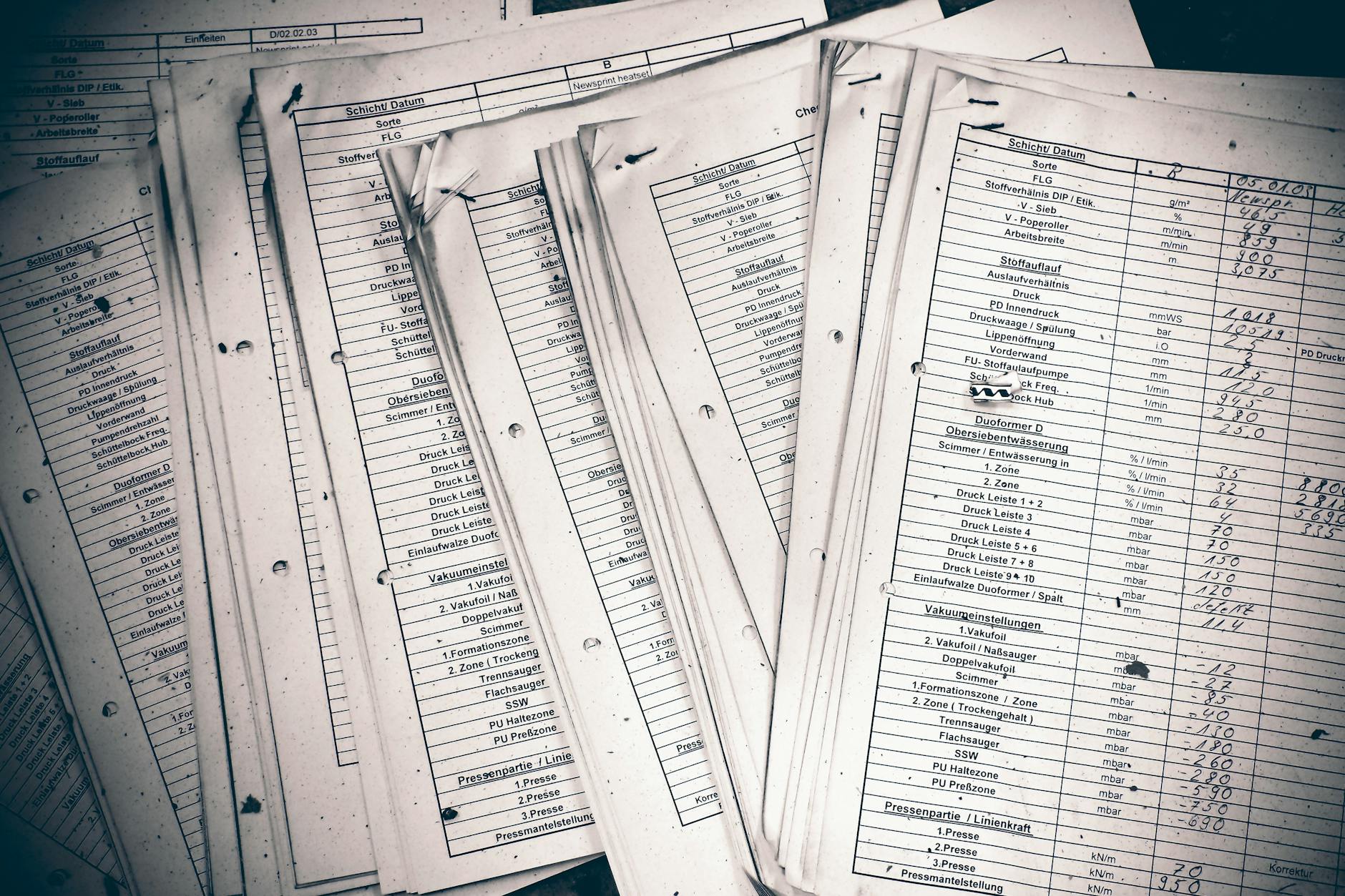
I recently found myself working on a project that involved gathering information to help support a decision. While digging through file after file, I started to question how much information was really going to be used to support the decision, and how much was going to be gathered in the sake of some vague notion of “thoroughness” Because I am a glutton for punishment, I decided to do some quick digging into this topic as well.
What I found surprised me, even if it feels intuitively right. According to a recent study published in the Proceedings of the National Academy of Sciences (located here – https://www.pnas.org/content/115/52/13222) people use much less information than they think, and in many cases their decisions show no appreciable difference in quality.
This is a slight oversimplification, but to quote the study “even after paying costs to acquire and share ever-more information, people stop short and do not incorporate it into their judgement.”
People use less information than they think to make up their minds
Nadav Klein, Ed O’Brien
Proceedings of the National Academy of Sciences Dec 2018, 115 (52) 13222-13227; DOI:10.1073/pnas.1805327115
While far more work needs to be done to understand if type of decisions – or other variables – affect the results, it was surprising to me that people would be willing to pay for additional information and still miss the step of incorporating it into their decisions. After further consideration (but no further research) I came up with one of many possible reasons for this – we don’t effectively doubt ourselves. For some, even when wrestling with a simple choice, we don’t actually hold and consider different options. We simply fear commitment. This could be characterized as a type of “hubris of intuition,” although this is admittedly narrowly defined.
By hubris of intuition, I mean an internal lack of circumspection about what we initially concluded and how our conclusions change as new information is consumed. Often we consume information, but do not apply critical judgement in the form of modifying or changing decisions. It’s like a hot dog eating contest for learning. Fill up as much as possible, but your body isn’t going to actually do the work to break down the food you just consumed. Much of it will simply pass through.
This clearly isn’t an “always” kind of problem, but personally I couldn’t tell you when I do or don’t consume information without critical judgement. It would seem important to me, as someone who wants to think at least a little critically, that information is gathered and consumed consciously. I mean who wants to put together a 200 page report for yourself or another, only to have the first few items carry all of the weight? And yes, there is a bit of self-serving to this theory, as I complete my reading of the 150th article this week.